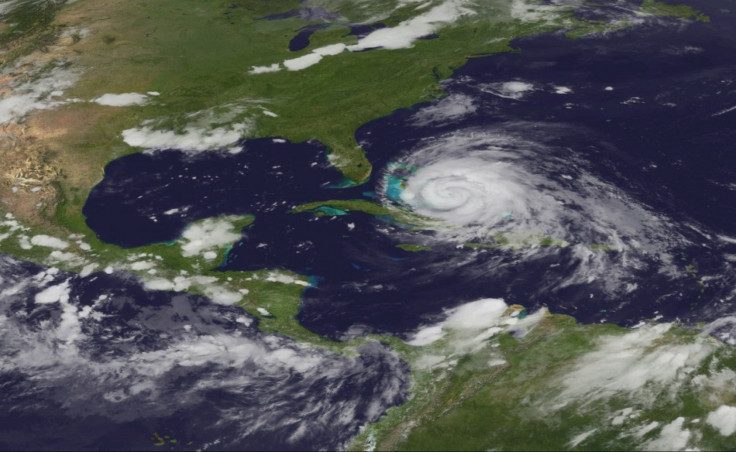Hurricane Irene Evacuation: 3 Things to Know if You Need to Evacuate

In a region unaccustomed to serious hurricanes, it is easy to underestimate both the need to evacuate and the difficulty of doing so. But with meteorologists now warning that Irene could be a historic storm on par with Hurricane Carol in 1954 and Hurricane Bob in 1991, both of which wreaked havoc in New York and across New England, it's time to get serious. Evacuations will not be necessary everywhere, but residents need to know whether and when to evacuate, and how to do so quickly if necessary.
Here are the three biggest things to keep in mind:
1. Not everyone needs to evacuate.
Check if your city or town has an evacuation map online, and plan accordingly. If you can't find one online, call your local government office to ask about evacuation zones, which indicate which areas are most at risk from a storm surge, high winds or other effects of a hurricane. New York City's evacuation map, for example, indicates three evacuation zones: Zone A areas could flood as a result of any hurricane that passes close to the city, even if it does not make landfall here, Zone B areas could flood from a Category 2 hurricane and Zone C areas would flood only from a Category 3 or higher hurricane that struck just south of the city. If an evacuation is ordered, officials will specify which zones are in danger.
If you do not live in an evacuation zone, you should not leave -- traffic gridlock will be a serious obstacle even to evacuating everyone who does live in an at-risk area.
2. Plan ahead.
Craig Fugate, head of the Federal Emergency Management Agency, told CBS News that, in addition to making preparations to leave their homes, people in evacuation zones should also plan for where they will stay. When you evacuate, you want to know where you're going and make sure you have somewhere to go, not just get on the road with everybody else and hope you can find someplace, he said. Hotels will fill up quickly, so arrange beforehand to stay with friends or family if you can.
3. Leave early.
If you do live in an evacuation zone, don't wait until the last minute to prepare, at which point it may be too late to get a safe distance inland, particularly since thousands of people will be trying to do so at once. Authorities will determine as far in advance as possible whether evacuations are necessary, but given how difficult it is to predict a hurricane's path exactly, particularly as it moves farther north, the order to evacuate could come with just hours to spare. Get everything set as soon as possible -- pack your bags, fill your gas tank if you'll be driving, make sure your phone is charged -- so if and when an evacuation is ordered, you'll be ready to leave right away.
© Copyright IBTimes 2025. All rights reserved.





















